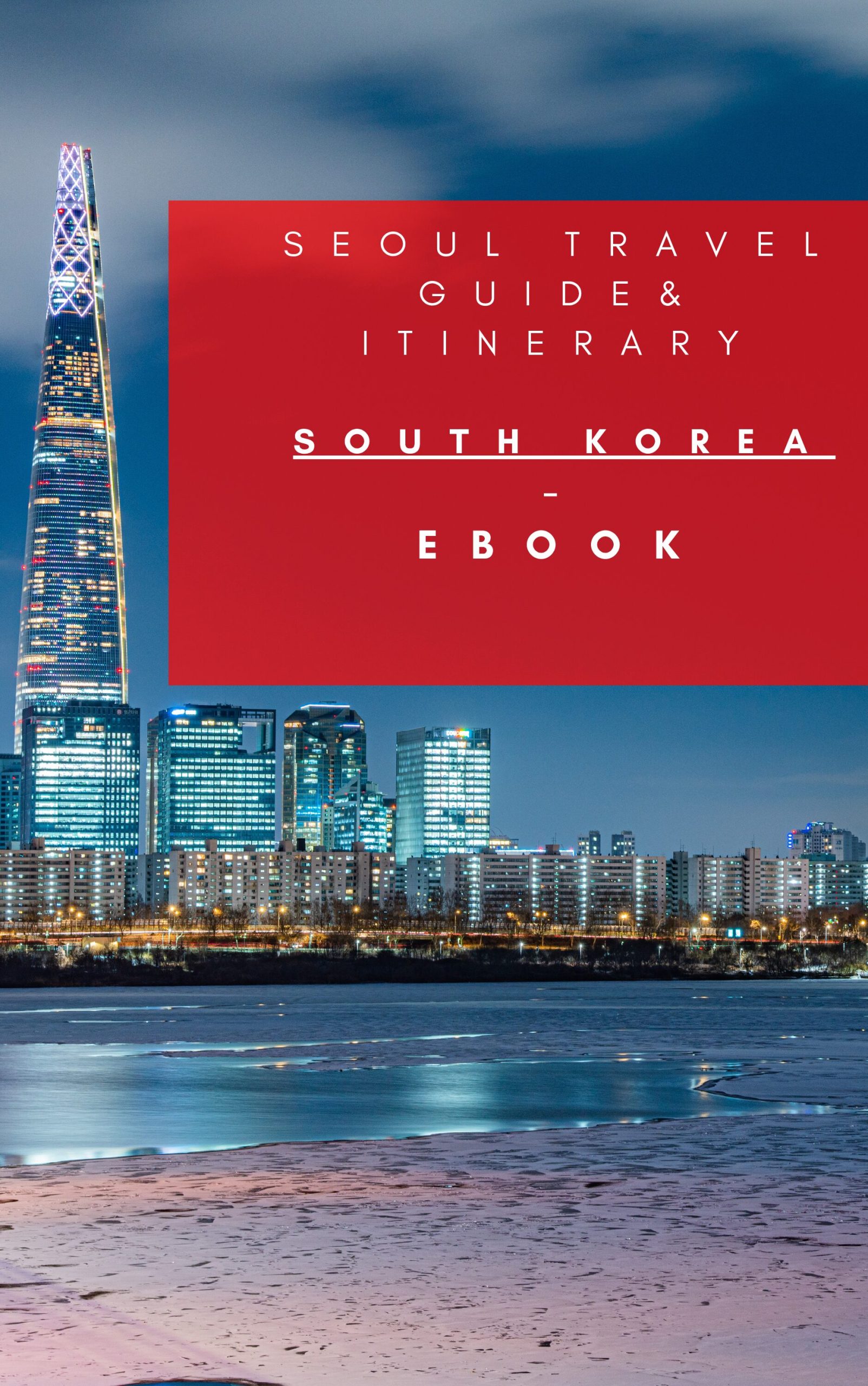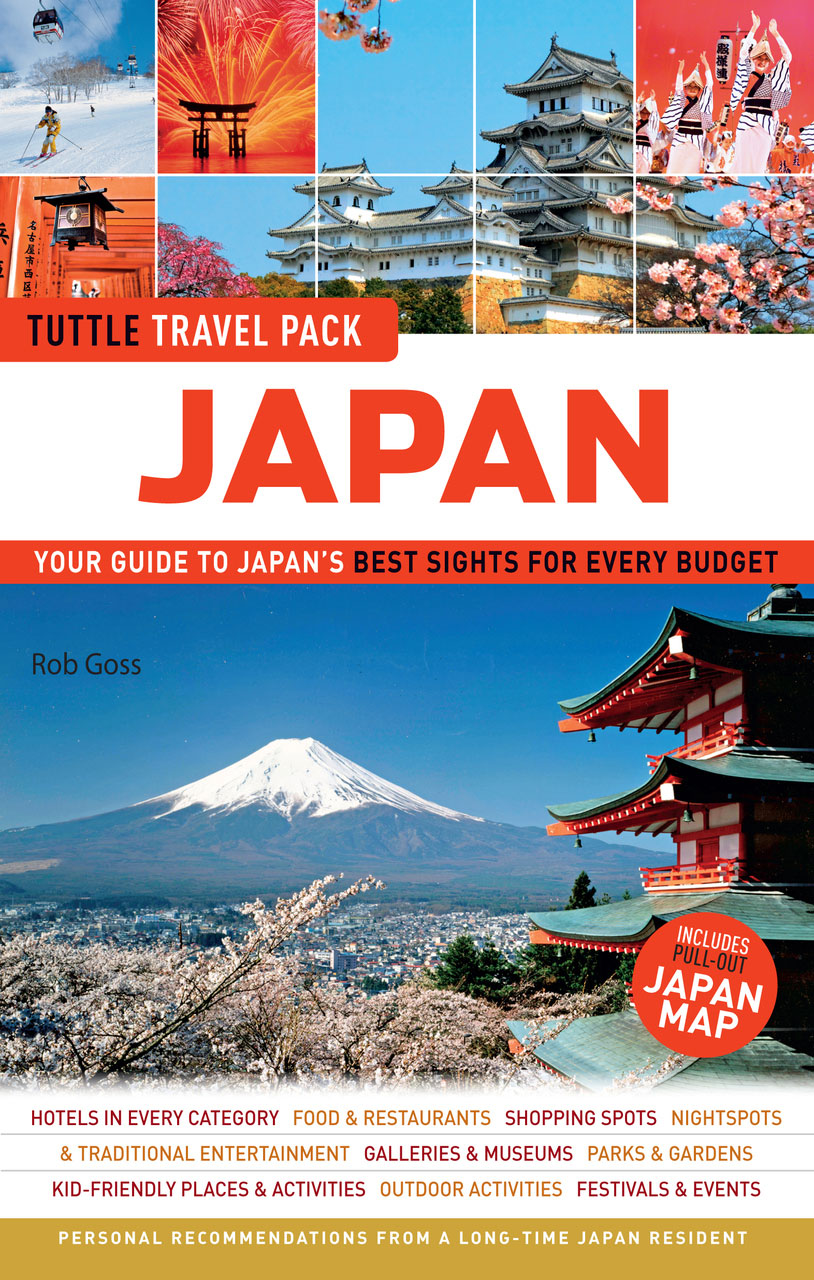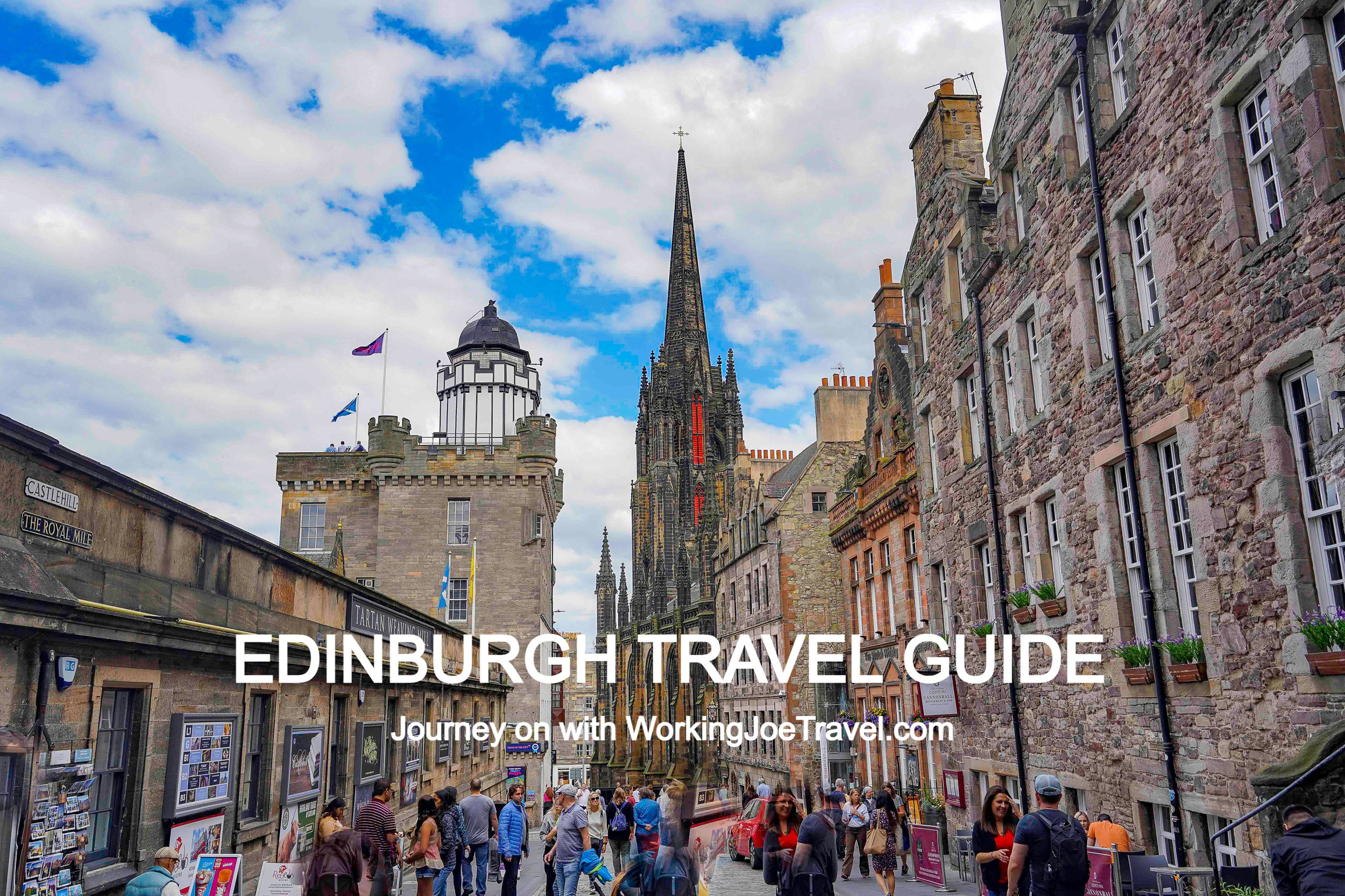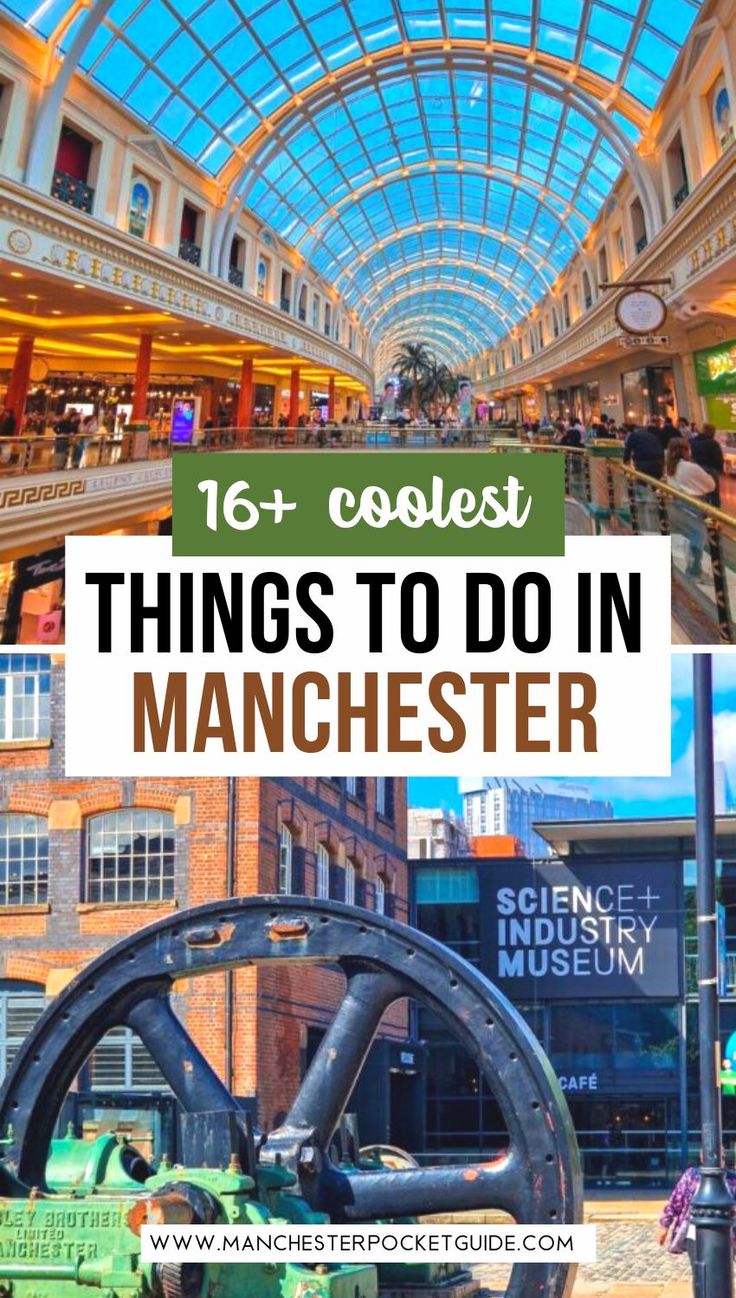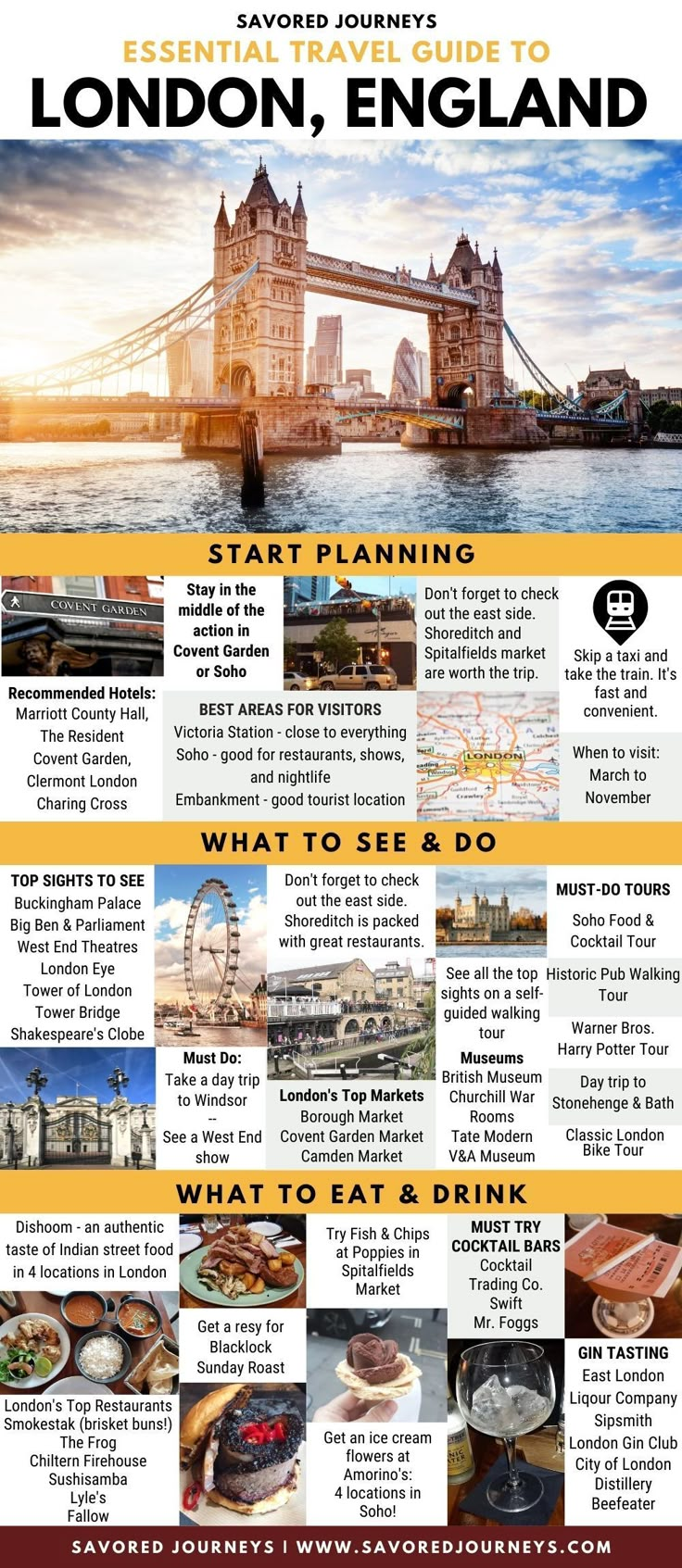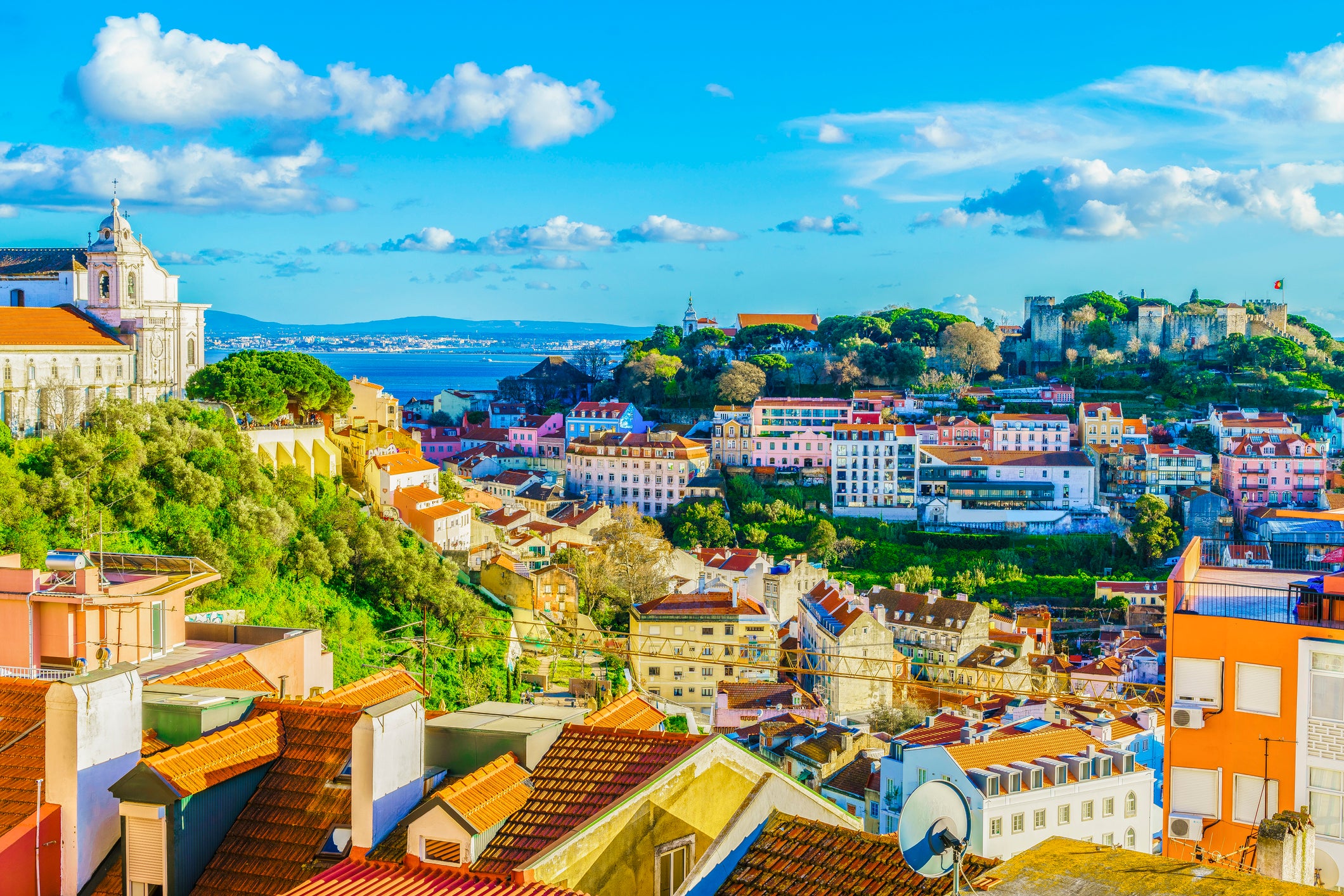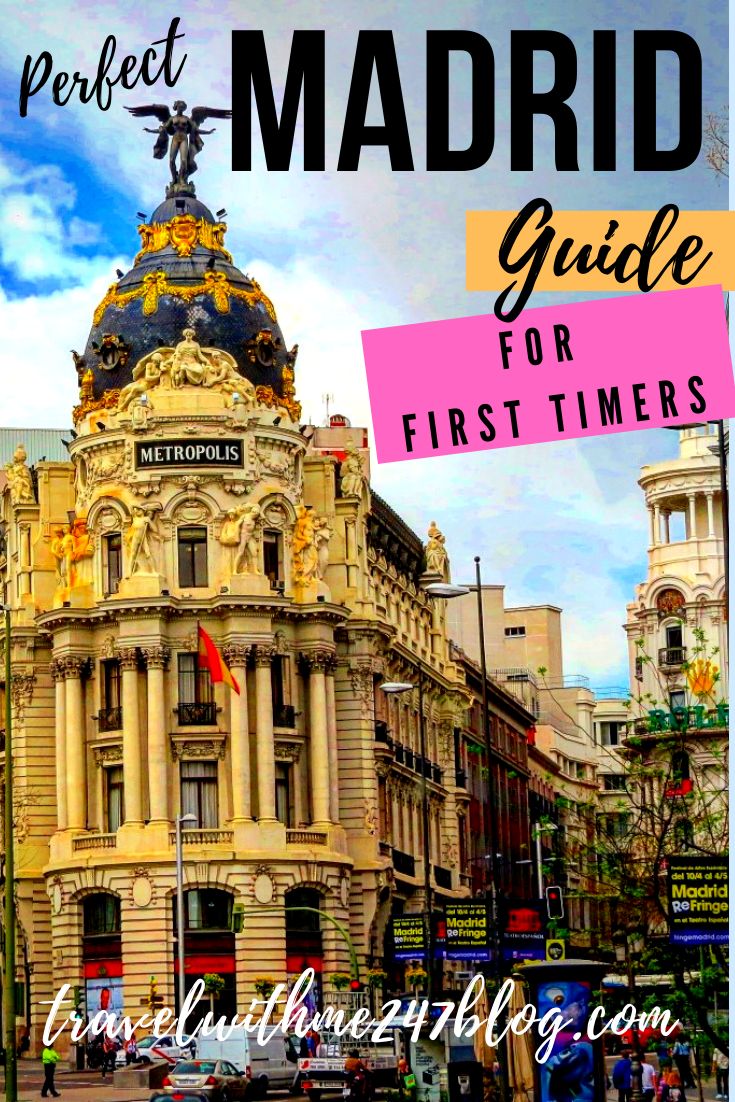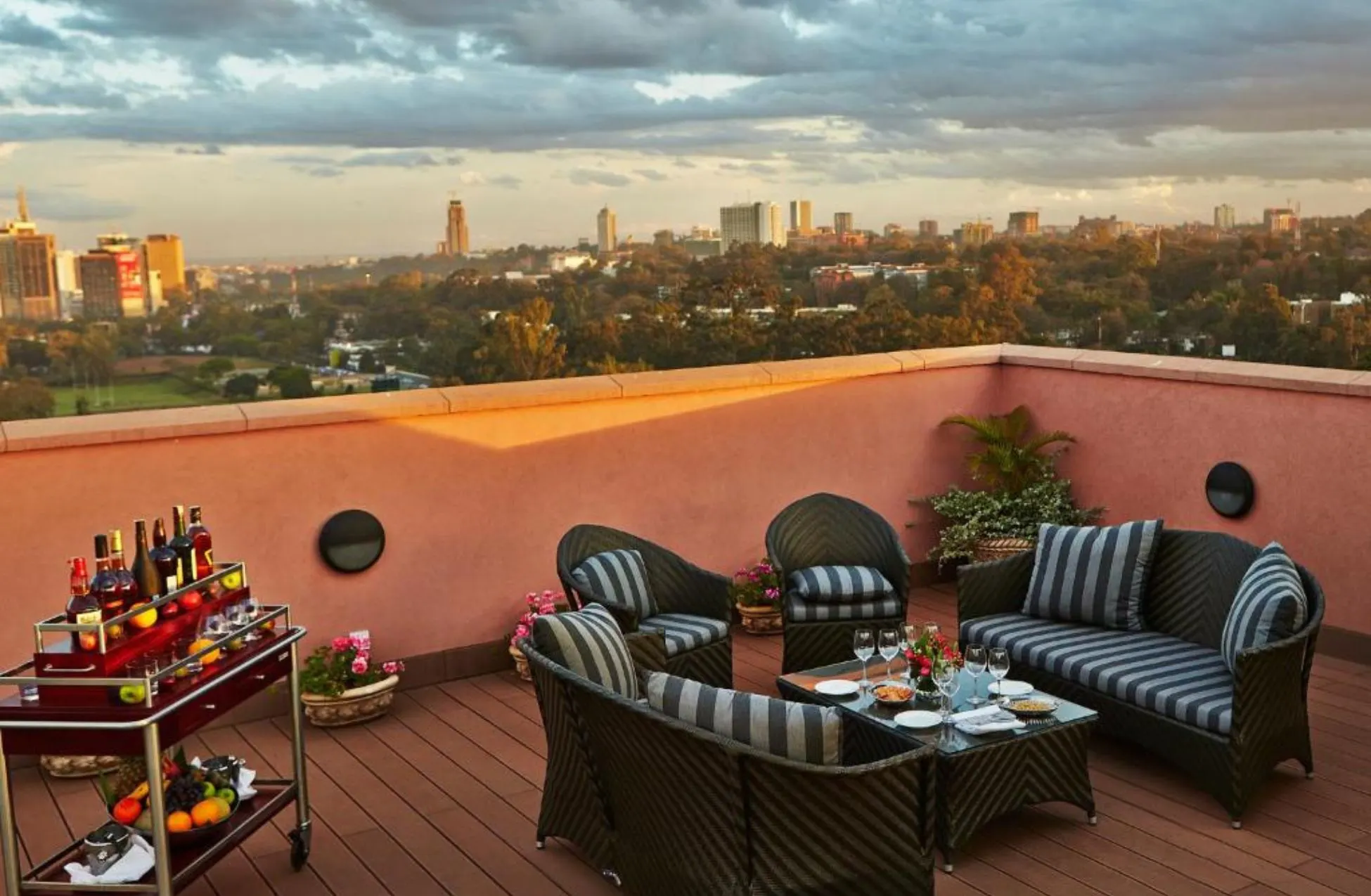
Nairobi, Kenya’s sprawling and dynamic capital, is a city of fascinating contrasts. Known affectionately as the "Green City in the Sun," it’s a place where the untamed wilderness brushes up against a vibrant, modern metropolis. It’s the only capital city in the world with a national park on its doorstep, where lions roam against a backdrop of city skyscrapers. This unique blend of urban energy and natural wonder makes Nairobi a compelling destination for business travelers, safari-bound adventurers, and culture seekers alike.
At the heart of any memorable trip is the perfect place to stay. Nairobi’s hospitality scene has evolved from its early colonial beginnings into a sophisticated landscape offering everything from legendary historic hotels to chic, contemporary sanctuaries. This guide will navigate you through the city’s history, its must-see attractions, and, most importantly, its finest hotels, ensuring your stay is as remarkable as the city itself.
A Glimpse into Nairobi’s Past: From Swamp to Safari Hub
Related Articles about Nairobi’s Finest: A Guide to the Top Hotels and Unforgettable Experiences in the Green City in the Sun:
- Riyadh: A Journey Through Time and Tomorrow
- Chicago’s Grand Dames and Modern Marvels: A Connoisseur’s Guide to the City’s Top Hotels
- Egypt: A Timeless Tapestry of Wonders – Your Ultimate Guide to Unforgettable Adventures
- Oslo: A Symphony of History, Nature, and Modernity
- Cairo’s Grand Dames and Modern Marvels: A Journey Through the City’s Top Hotels and Beyond
Nairobi’s history is inextricably linked to its role as a central hub. Founded in 1899 by colonial authorities in British East Africa, it was initially a simple rail depot on the Uganda Railway. The site was chosen for its central position between Mombasa and Kampala and its network of rivers, which made it a suitable place for the railway workers to rest. The Maasai called the area Enkare Nairobi, meaning "place of cool waters," a name that has endured.
As the railway line expanded, so did the settlement. By 1907, it had become the capital of the British East Africa Protectorate, and with this status came the need for infrastructure and accommodation. This era saw the birth of Nairobi’s first grand hotel, The Norfolk, which opened its doors in 1904 and quickly became the social epicenter for settlers, big-game hunters, and visiting dignitaries.
Following Kenya’s independence in 1963, Nairobi blossomed into a major international hub for diplomacy, business, and conservation. The United Nations established its African headquarters here, and numerous multinational corporations followed suit. This post-colonial boom fueled a new wave of hotel development, catering to a discerning international clientele and cementing Nairobi’s reputation as the gateway to East Africa’s legendary safari circuits.
Nairobi’s Unmissable Attractions
Before settling into your hotel, it’s worth understanding the attractions that make Nairobi so unique. These sights are often a key factor in deciding where to stay.
- Nairobi National Park: The city’s crown jewel. A short drive from the central business district, this protected reserve is home to a spectacular array of wildlife, including lions, leopards, rhinos, giraffes, and buffaloes, all framed by the distant city skyline.
- David Sheldrick Wildlife Trust: A world-renowned elephant and rhino orphanage. Visitors can watch the adorable baby elephants during their daily feeding and mud-bath sessions while learning about vital conservation efforts.
- Giraffe Centre: Get up close and personal with the endangered Rothschild’s giraffe. Here, you can feed these gentle giants from a raised platform, an experience that often results in a sloppy giraffe kiss.
- Karen Blixen Museum: Step into the world of "Out of Africa" at the former home of the Danish author Karen Blixen. The beautifully preserved colonial farmhouse and its gardens offer a poignant glimpse into Kenya’s colonial past.
- Bomas of Kenya: A cultural theme park that showcases the diverse traditions of Kenya’s many ethnic groups through traditional dances, music, and reconstructed homesteads.
Choosing Your Sanctuary: Nairobi’s Top Hotels
Nairobi’s best hotels are more than just a place to sleep; they are destinations in their own right, offering unique experiences, world-class service, and a luxurious base from which to explore.
1. Giraffe Manor
Best for: The Ultimate Bucket-List Experience
Perhaps the most famous hotel in all of Africa, Giraffe Manor is less a hotel and more a fairytale. Located in the leafy suburb of Lang’ata, this exclusive boutique hotel is set in a 1930s Scottish-style hunting lodge. Its main attraction is the resident herd of Rothschild’s giraffes, who are known to poke their long necks through the windows of the dining room and guest rooms in search of a treat. The experience of sharing your breakfast with a giraffe is truly once-in-a-lifetime. With just twelve rooms spread across the main manor and the Garden Manor, it’s an intimate and highly sought-after stay. Booking well in advance (often over a year) is essential.
2. Fairmont The Norfolk
Best for: Historic Grandeur and Timeless Elegance
A true Nairobi icon, The Norfolk has been an integral part of the city’s history since 1904. Having hosted everyone from Theodore Roosevelt to Ernest Hemingway, its walls are steeped in stories. The hotel is built around a series of tranquil, verdant courtyards that provide a peaceful escape from the city’s hustle. While it retains its classic colonial charm, extensive renovations have infused it with modern luxury. Its signature restaurant, Tatu, is one of the city’s top fine-dining spots, and the Lord Delamere Terrace is a legendary spot for a cocktail. Staying at The Norfolk is an opportunity to connect with the very soul of historic Nairobi.
3. Villa Rosa Kempinski
Best for: Uncompromising Modern Luxury and Business
Located on Chiromo Road, a stone’s throw from the central business district, Villa Rosa Kempinski is a beacon of modern European luxury. Its striking pink-hued exterior gives way to an opulent interior defined by chandeliers, marble floors, and impeccable service. The rooms are spacious and elegantly appointed with all the modern amenities a discerning traveler could desire. The hotel boasts an impressive array of dining options, from authentic Italian at Lucca to Pan-Asian cuisine at 88. With its state-of-the-art spa, heated swimming pool, and extensive conference facilities, it’s a top choice for both high-end leisure and business travelers.
4. Hemingways Nairobi
Best for: Boutique Luxury and Serene Seclusion
Situated in the quiet, upscale suburb of Karen, Hemingways offers a level of personalized service that is second to none. This 45-suite boutique hotel is designed in a classic plantation style, with every room offering a private balcony overlooking the lush gardens and the iconic Ngong Hills in the distance. The defining feature of a stay at Hemingways is the dedicated butler service, ensuring every need is anticipated and met with grace. Its location in Karen makes it the perfect base for exploring nearby attractions like the Karen Blixen Museum and the Giraffe Centre, offering a more relaxed and resort-like atmosphere than the city-center hotels.
5. Sankara Nairobi, Autograph Collection
Best for: Contemporary Chic and a Vibrant Social Scene
For those who thrive on contemporary style and a buzzing atmosphere, Sankara Nairobi in the vibrant Westlands district is the place to be. This hotel is a masterpiece of modern design, featuring a curated collection of contemporary African art throughout its public spaces. The highlight is the stunning rooftop pool and the Sarabi Rooftop Bar, which offers panoramic city views and is a popular spot for both guests and Nairobi’s trendy set. The rooms are sleek and tech-savvy, and the hotel’s location puts you at the heart of Westlands’ best restaurants, bars, and shopping malls.
Savoring the City: A Taste of Nairobi’s Culinary Scene
Nairobi’s food scene is a delicious reflection of its cultural melting pot. While the top hotels offer world-class international cuisine, venturing out to sample local flavors is a must.
- Nyama Choma: The quintessential Kenyan culinary experience. This is slow-roasted goat meat, cooked over an open fire and typically served with kachumbari (a fresh tomato and onion salsa) and ugali.
- Ugali: A staple food made from maize flour, cooked to a thick, dough-like consistency. It’s the perfect accompaniment to stews and roasted meat.
- Sukuma Wiki: A simple but flavorful dish of collard greens sautéed with onions and tomatoes. Its name literally translates to "push the week," as it’s an affordable, everyday vegetable.
- Carnivore Restaurant: A Nairobi institution, famous for its "all-you-can-eat" meat feast. Waiters roam the restaurant with Maasai swords laden with various roasted meats, including exotic choices like ostrich and crocodile, carving them directly onto your plate.
Navigating the Green City: Transportation Options
Getting around Nairobi is relatively straightforward, with several convenient options available.
- From the Airport: Jomo Kenyatta International Airport (JKIA) is the main international gateway. The most reliable way to get to your hotel is via a pre-arranged hotel transfer or by using official airport taxis. Ride-hailing services are also readily available.
- Ride-Hailing Apps: Uber and Bolt are widely used, safe, and affordable for navigating the city. They are the most recommended option for visitors.
- Taxis: Standard taxis are plentiful, but it’s crucial to use a reputable company (ask your hotel for recommendations) and agree on the fare before starting your journey, as they often don’t use meters.
- Matatus: These brightly colored minibuses are the backbone of public transport for locals. While they offer a vibrant and authentic cultural experience, they can be crowded and chaotic, so they are generally not recommended for first-time visitors.
Essential Travel Tips for a Seamless Visit
- Best Time to Visit: Nairobi can be visited year-round, but the best times are during the dry seasons: June to October and January to February. This is ideal for wildlife viewing in the national park. The long rains occur from March to May, and the short rains from November to December.
- Health and Safety: Consult your doctor about recommended vaccinations and malaria prophylaxis before you travel. Drink only bottled or filtered water. Like any major city, it’s wise to be aware of your surroundings, avoid displaying valuables openly, and use trusted transportation at night.
- Currency: The local currency is the Kenyan Shilling (KES). Credit cards are widely accepted in hotels, upscale restaurants, and major shops. However, it’s essential to have some cash for local markets, tips, and smaller purchases.
- Etiquette: Kenyans are warm and welcoming. A friendly "Jambo!" (Hello!) goes a long way. Always ask for permission before taking photographs of people, particularly in more traditional communities.
Conclusion
Nairobi is a city that defies easy categorization. It is a place of ambition, nature, history, and boundless energy. Choosing the right hotel is the key to unlocking its magic, providing a tranquil haven after a day spent on a game drive, exploring bustling markets, or attending business meetings. Whether you seek the historic soul of The Norfolk, the whimsical fantasy of Giraffe Manor, or the modern pulse of Sankara, Nairobi’s finest accommodations are ready to welcome you, not just as a guest, but as part of the city’s extraordinary, ongoing story.

